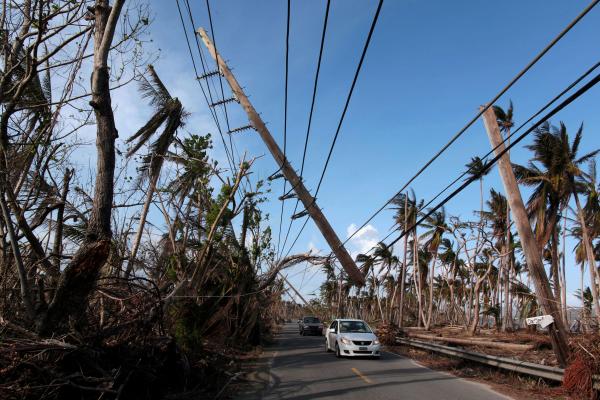Feb 12, 2018
It’s been over four months now since Maria hit the island, and 1.36 million Puerto Ricans are still without power in what is being called the “longest and largest blackout in American history.” While they wait in literal darkness, my abuela sits in a memory one.
Read the Full Article

Already a subscriber? Login
